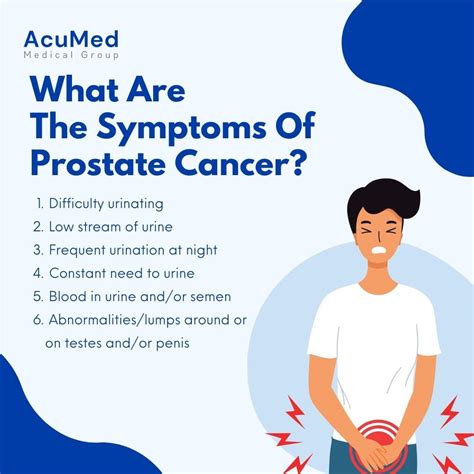What are the recommended age guidelines for men to begin discussing prostate cancer screenings with their doctor?

Navigating Prostate Cancer Screening Discussions
Prostate cancer is one of the most common cancers among men, and while screening can play a vital role in early detection, the decision of when to begin these discussions with a healthcare provider is nuanced. There isn’t a single, universally agreed-upon age for all men due to varying risk factors and the potential benefits and harms of screening. This guide aims to clarify the general recommendations and empower men to have informed conversations with their doctors.
General Recommendations for Men at Average Risk
For men with an average risk of prostate cancer, most major health organizations, such as the American Cancer Society (ACS), recommend starting the discussion about screening around age 50. This discussion should cover the potential benefits, uncertainties, and risks of prostate cancer screening, allowing men to make an informed decision based on their values and preferences.
During this initial conversation, the doctor can provide information about the two primary screening tests: the Prostate-Specific Antigen (PSA) blood test and the Digital Rectal Exam (DRE). It’s important to understand that a discussion is not necessarily a commitment to immediate screening; rather, it’s an opportunity to weigh the options.

Guidelines for Men at Higher Risk
Certain factors can increase a man’s risk of developing prostate cancer, necessitating earlier discussions about screening:
- African American men: Prostate cancer occurs more often in African American men, and they are also more likely to develop aggressive forms of the disease. Therefore, discussions about screening should begin earlier, around age 40 to 45.
- Men with a first-degree relative (father, brother, or son) who had prostate cancer before age 65: If there’s one such relative, discussions should start around age 45.
- Men with several first-degree relatives who had prostate cancer before age 65: For those with more than one first-degree relative who had early-onset prostate cancer, the conversation should begin even earlier, potentially at age 40.
These earlier age guidelines are crucial for identifying potential cancers in men who face a greater hereditary or ethnic predisposition.
Understanding the Screening Tests: PSA and DRE
When you discuss screening with your doctor, they will likely explain the two main tests:
- Prostate-Specific Antigen (PSA) Blood Test: This test measures the level of PSA, a protein produced by prostate cells, in the blood. Elevated PSA levels can indicate prostate cancer, but they can also be raised due to other conditions like benign prostatic hyperplasia (BPH) or prostatitis.
- Digital Rectal Exam (DRE): During a DRE, the doctor manually checks the prostate gland for any abnormalities in size, shape, or texture. While less effective than the PSA test in isolation, it can sometimes detect cancers in men with normal PSA levels.
It’s vital to remember that neither test is definitive for prostate cancer; abnormal results typically lead to further investigations, such as a biopsy.

The Importance of Shared Decision-Making
The decision to screen for prostate cancer is a highly personal one, emphasizing the concept of shared decision-making. This means you and your doctor work together to choose the best course of action based on:
- Your personal risk factors.
- Your life expectancy.
- Your personal values regarding the benefits and potential harms of screening.
- The potential for false positives (leading to unnecessary anxiety and biopsies) and false negatives (missing a cancer).
- The risk of overdiagnosis and overtreatment (treating slow-growing cancers that may never have caused harm).
Open communication with your doctor about these factors is paramount.

When to Reconsider Screening
For men over 70, or those with serious underlying health conditions and a life expectancy of less than 10-15 years, the potential harms of screening and treatment often outweigh the benefits. At this stage, doctors typically recommend discontinuing routine screening. This decision should also be made in consultation with your doctor, considering your overall health and personal preferences.
Conclusion
Proactive discussion with your doctor about prostate cancer screening is a critical step in managing your long-term health. Whether you are at average risk and approaching 50, or at higher risk and should begin earlier, initiating this conversation allows for a personalized assessment of your health profile and helps you make an informed choice about if and when to undergo screening. Remember, these are guidelines, and your individual circumstances will always be the most important factor in your healthcare decisions.










